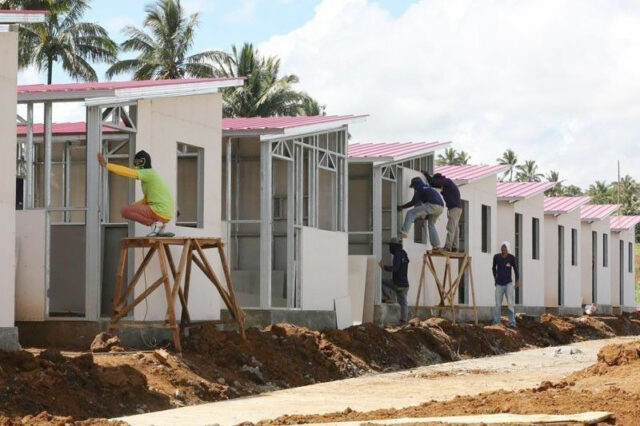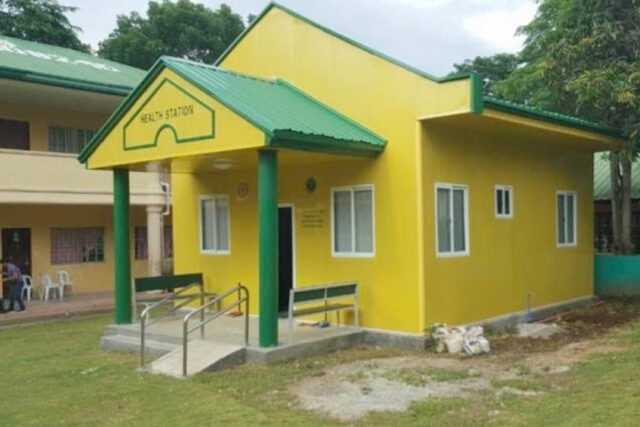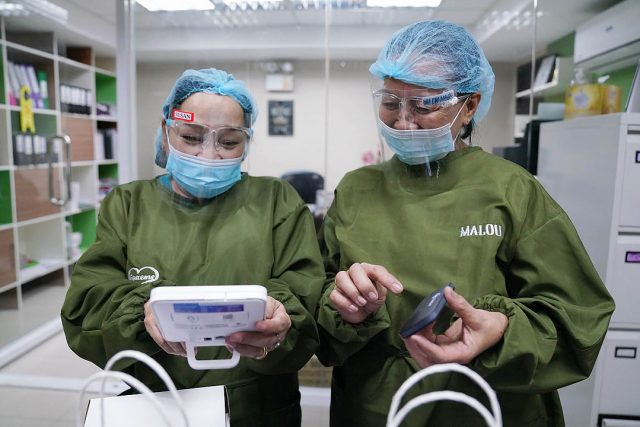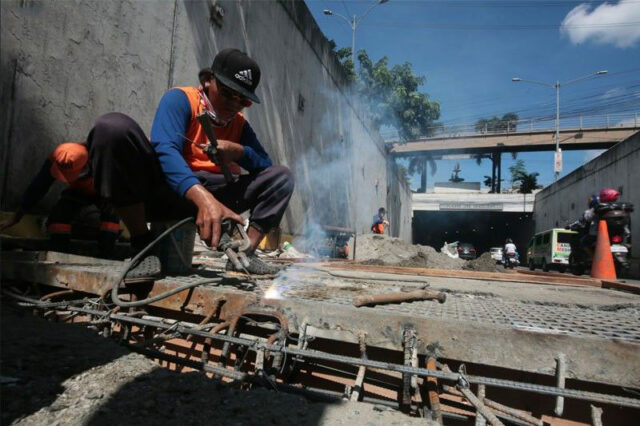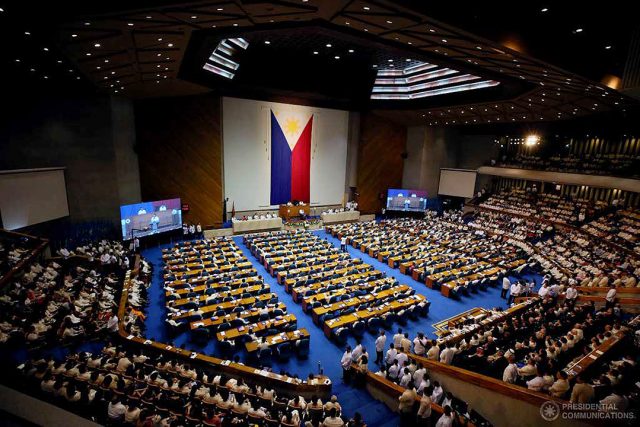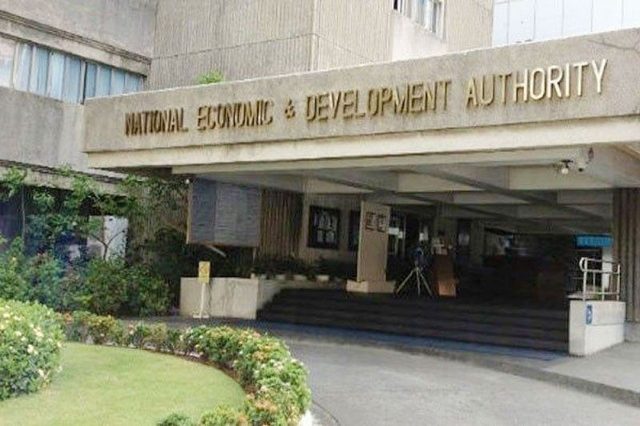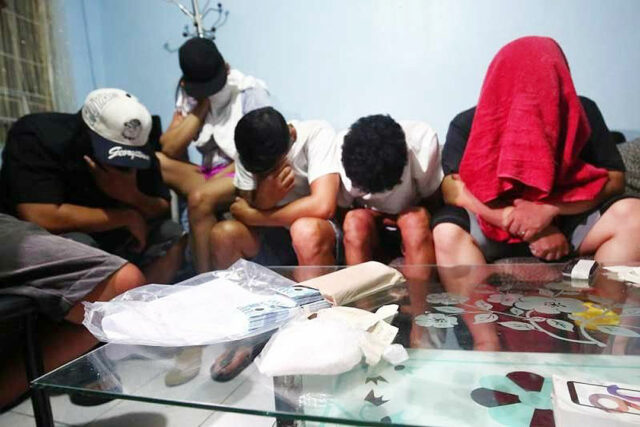Recently, there has been a growing interest from the Registered Business Enterprise (RBE) in the Information Technology and Business Processing Management (IT-BPM) sector to register with the Board of Investments (BoI) because of the need to maintain flexible work arrangements, specifically the ability to allow employees to Work From Home (WFH). On Sept. 14, the Fiscal Incentives Review Board (FIRB) announced that the IT-BPM RBEs will be allowed to continue offering WFH to 100% of the workforce with incentives intact if they transfer their registration to the BoI.
The official guidance was released through FIRB Resolution No. 026-22 issued on Oct. 4, allowing direct transfers to the BoI up to the end of this year. RBEs must simply signify to their current Investment Promotion Agency (IPA) their intention to transfer to the BoI. The IPA is to prepare an endorsement to the BoI containing the registration details, remaining tax incentives, and status of compliance with registration terms and conditions. Once endorsed and approved, the BoI will issue a Certificate of Registration indicating the remaining tax incentives the project is eligible for. The current cost-benefit analysis required for new projects no longer applies to the transferee RBEs. To further ease the transition, the current IPA will remain responsible for monitoring the compliance and availment of incentives of the transferee RBEs and submit a report to the BoI.
There are about 2,000 IT-BPM firms registered with Philippine Economic Zone Authority (PEZA) that may transfer to the BoI. It is truly commendable that the government has made it as painless and efficient as possible.
While the spotlight has been on the IT-BPM sector lately, it is worth noting that the BoI caters to other industries and accepts new registrations as well, not just transferees.
Now, let’s talk about the qualifications for BoI registration, available incentives, and registration procedures for a new enterprise applicant.
QUALIFICATIONS FOR BOI REGISTRATION
The BoI, an arm of the Department of Trade and Industry (DTI), is an incentive-granting agency in charge of promoting investment. To avail of BoI incentives, prior registration must be obtained.
To register with the BoI, the proposed business activity of a new applicant must be listed in the Strategic Investment Priorities Plan (SIPP) which is grouped into three tiers.
Under the 2022 SIPP, all activities listed in the 2020 Investment Priority Plan (IPP) are retained and included under Tier I, whereas, the activities proposed to be included under Tier II are industrial value chains, green ecosystems, health, defense, and food security-related activities. Finally, under Tier III, the proposed activities include those that accelerate the transformation of the economy primarily through the application of research and development, and attracting technology investments. It also includes activities involving the production of equipment, parts, and services that embed new technologies.
The tier will determine the extent of the incentives that may be granted based on a combination of both the location and industry priorities. The SIPP further provides the specific requirements that applicants must satisfy to qualify for registration.
For instance, if the applicant is a call/contact center, similar to PEZA, the BoI requires the enterprise to put in a minimum investment of $2,500 per seat to qualify for registration. This amount covers the cost of equipment (hardware and software), office furniture and fixtures, building improvements and renovation, and other fixed assets except land, building and working capital. If equipment is to be leased, the cost should be converted to assets at commercial interest rates and amortized over a five-year period. If equipment is proposed to be consigned, the same should have an assigned value to be considered as part of the project cost.
INCENTIVES AVAILABLE TO BOI-REGISTERED ENTERPRISES
Once registered with the BoI, the enterprise is entitled to fiscal and non-fiscal incentives granted under the Omnibus Investments Code of 1987 (Executive Order (EO) No. 226), as amended by the CREATE law.
RBEs are eligible for an Income Tax Holiday (ITH) of four to seven years depending on location and industry. An ITH of three years is available for expansion projects on incremental sales.
After the ITH period, an export enterprise has the option to avail of the 5% Special Corporate Income Tax (SCIT) or be subject to the regular corporate tax rate with Enhanced Deductions (ED) for 10 years. On the other hand, a domestic market enterprise can only avail ED for five years.
Other fiscal incentives include VAT exemption on imports and zero percent VAT on local purchases of goods and services that are directly and exclusively used in the registered project or activity (for export enterprises only); a customs duty exemption on imports of capital equipment, raw materials, spare parts and accessories directly and exclusively used in the registered project or activity; and exemption from all local government imposts, fees, licenses and taxes during the original ITH period.
On the other hand, non-fiscal incentives include the unrestricted use of consigned equipment, employment of foreign nationals, simplified customs procedures, and access to bonded manufacturing warehouses.
With the passage of the CREATE Law, which aims to provide uniform incentives for IPAs, the BoI now offers the same incentives as other IPAs like PEZA. One major advantage of BoI, perhaps the most important one as discussed above, is the flexibility of location. Enterprises do not need to locate in a Special Economic Zone to enjoy the incentives.
REGISTRATION PROCEDURES WITH THE BOI
The registration process may vary depending on whether the applicant is a Micro Enterprise, Small Enterprise, or a Regular Enterprise, as classified in the Citizen’s Charter of the BoI.
Generally though, the enterprise applicant must fill out the application form and must make sure that all documentary requirements in the checklist are complete. Once the Project Evaluation and Registration Division (PERD) formally accepts the application, the enterprise will then pay the filing fee and wait for the Notice of Board Action. If approved, the enterprise must submit the pre-registration requirements and pay the registration fee. Thereafter, the enterprise will receive the Certificate of Registration.
Under normal circumstances and after the submission of all the required documents, registration with the BoI can be completed within two weeks if it is a Micro/Small Enterprise, or within two months if it is a Regular Enterprise.
Compared to some IPAs, the BoI has fewer registration requirements. Some of them are a 15-year financial projection and schematic diagram of the activity being registered.
Taking advantage of the BoI’s growing popularity and flexibility in terms of work location, the Philippines could end up attracting more investment and position itself as a viable investment destination.
The views or opinions expressed in this article are solely those of the author and do not necessarily represent those of Isla Lipana & Co. The content is for general information purposes only, and should not be used as a substitute for specific advice.
Christian Grimaldo is a manager at the Client Accounting Services department of Isla Lipana & Co., a Philippine member firm of the PwC network.

